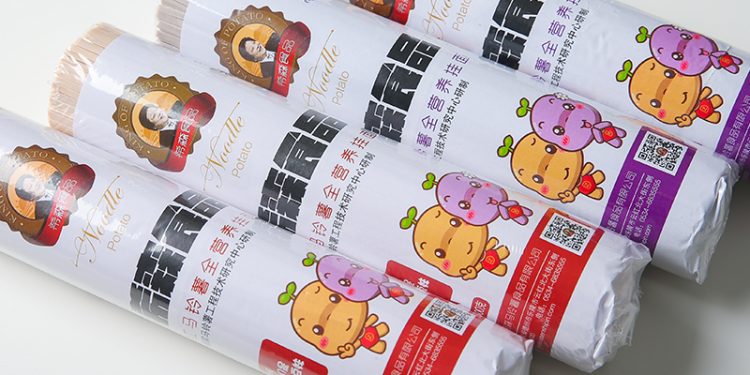ChinaPotatoStrategy #PotatoBasedFoodProduction #FoodSecurity #Industrialization #TechnologicalAdvancements
China has embarked on a new strategy to promote the production of staple food products made from potatoes.
China, a global agricultural powerhouse, has recently launched a strategic plan aimed at revolutionizing its food industry. The focus of this ambitious endeavor is to prioritize the production of staple food products made from potatoes. This article delves into the details of China’s strategy, examining its potential consequences and the efforts to advance the industrialization and technological processes associated with potato-based food production.
Development of China’s Potato-Based Food Production Strategy:
Recognizing the nutritional value and versatility of potatoes, the Chinese government has taken a proactive stance in promoting their utilization as a primary food source. This strategy involves multiple facets, including research and development, infrastructure investment, and market promotion.
To begin with, extensive research is being conducted to develop innovative and sustainable technologies for processing potatoes into various food products. This includes exploring advanced techniques for producing potato-based flour, starch, chips, and noodles, among other items. The aim is to create a diverse range of high-quality, nutritious, and affordable food options.
Furthermore, the Chinese government is investing in the establishment and expansion of modern potato processing facilities across the country. These facilities will facilitate large-scale production, ensuring a steady supply of potato-based food products to meet the growing demand. The development of these facilities is also expected to boost local economies and generate employment opportunities.
Consequences of China’s Potato-Based Food Production Strategy:
The implementation of China’s potato-focused strategy is anticipated to have several significant consequences. Firstly, it will contribute to the diversification of the country’s food sources, reducing reliance on traditional staples such as rice and wheat. This diversification can enhance food security and mitigate the risks associated with crop failures or market fluctuations.
Secondly, the strategy can lead to economic benefits, both domestically and internationally. The increased production and export of potato-based food products can create new revenue streams, stimulate rural development, and strengthen China’s position in the global food market. Moreover, by actively promoting potato consumption, China aims to improve public health by providing a nutritious alternative to less healthy food options.
Technological Advancements and Industrialization of Potato-Based Food Production:
Central to China’s potato-based food production strategy is the advancement of technology and the promotion of industrialization. The government is encouraging collaborations between research institutions, agricultural enterprises, and food processing companies to drive innovation and optimize production processes.
Enhanced industrialization will involve the integration of advanced machinery, automation, and efficient supply chain management. This will enable streamlined production, higher output, and improved product quality. Additionally, efforts are being made to improve packaging and preservation techniques to extend the shelf life of potato-based food products and ensure their availability year-round.
China’s strategic focus on potato-based staple food production marks a significant shift in the country’s agricultural landscape. By prioritizing research, infrastructure development, and market promotion, China aims to enhance food security, stimulate economic growth, and improve public health. As this strategy unfolds, it is expected to bring about profound changes in the agricultural and food sectors, both domestically and globally.







